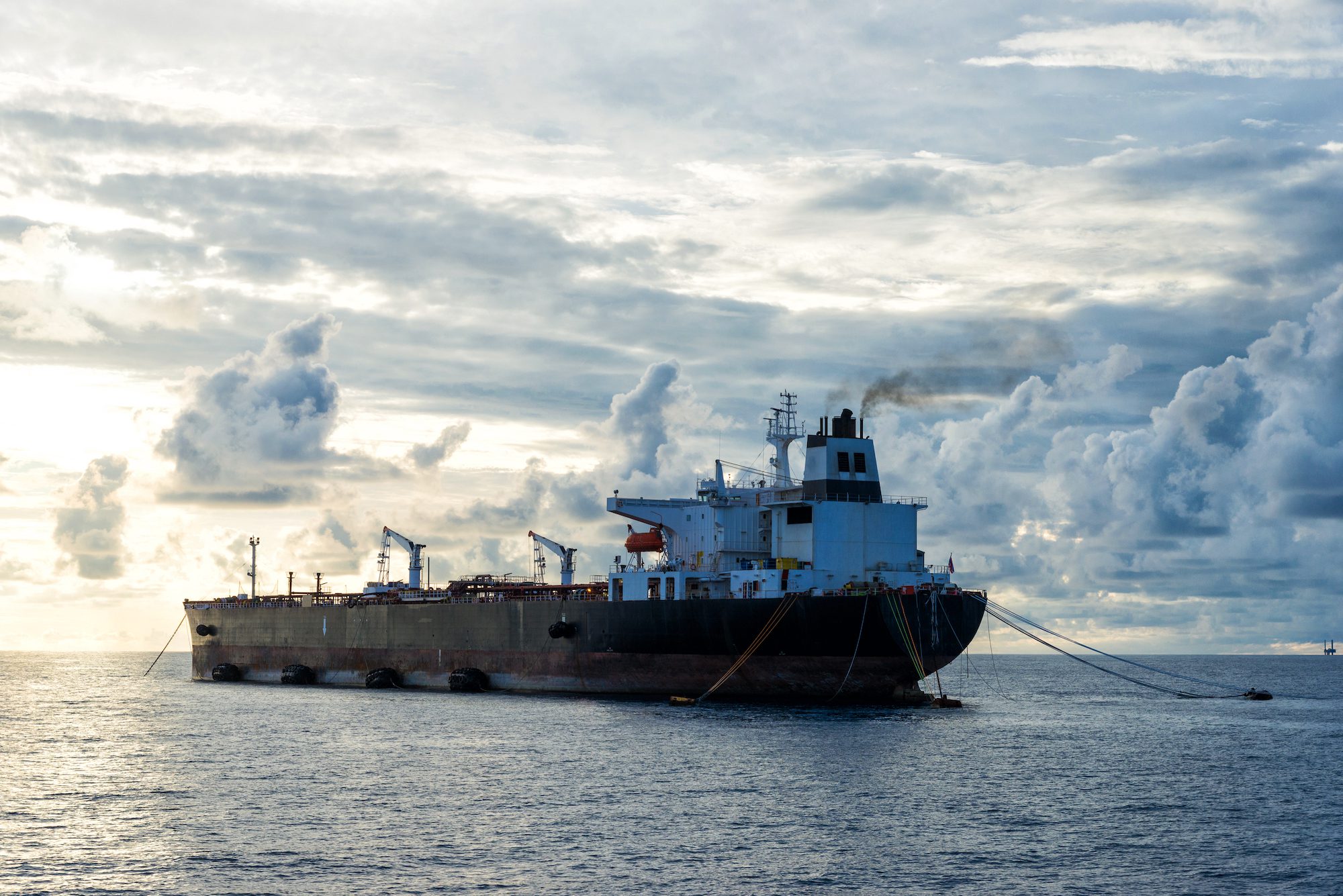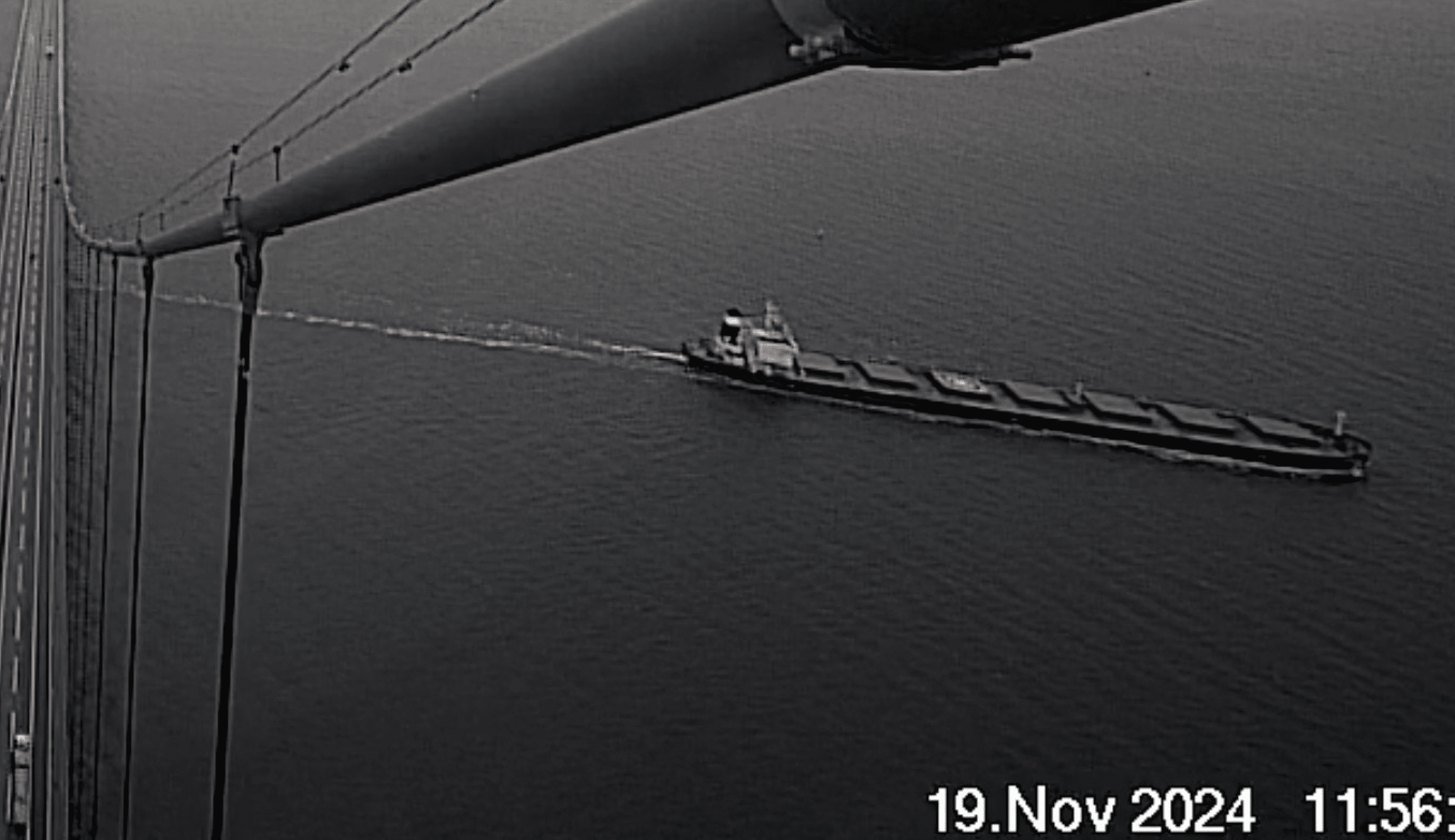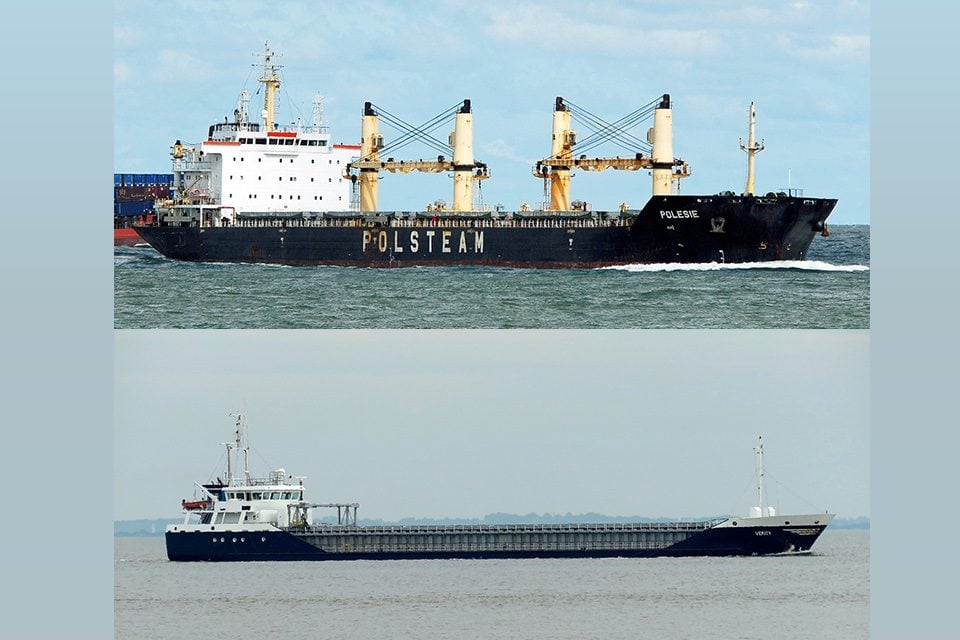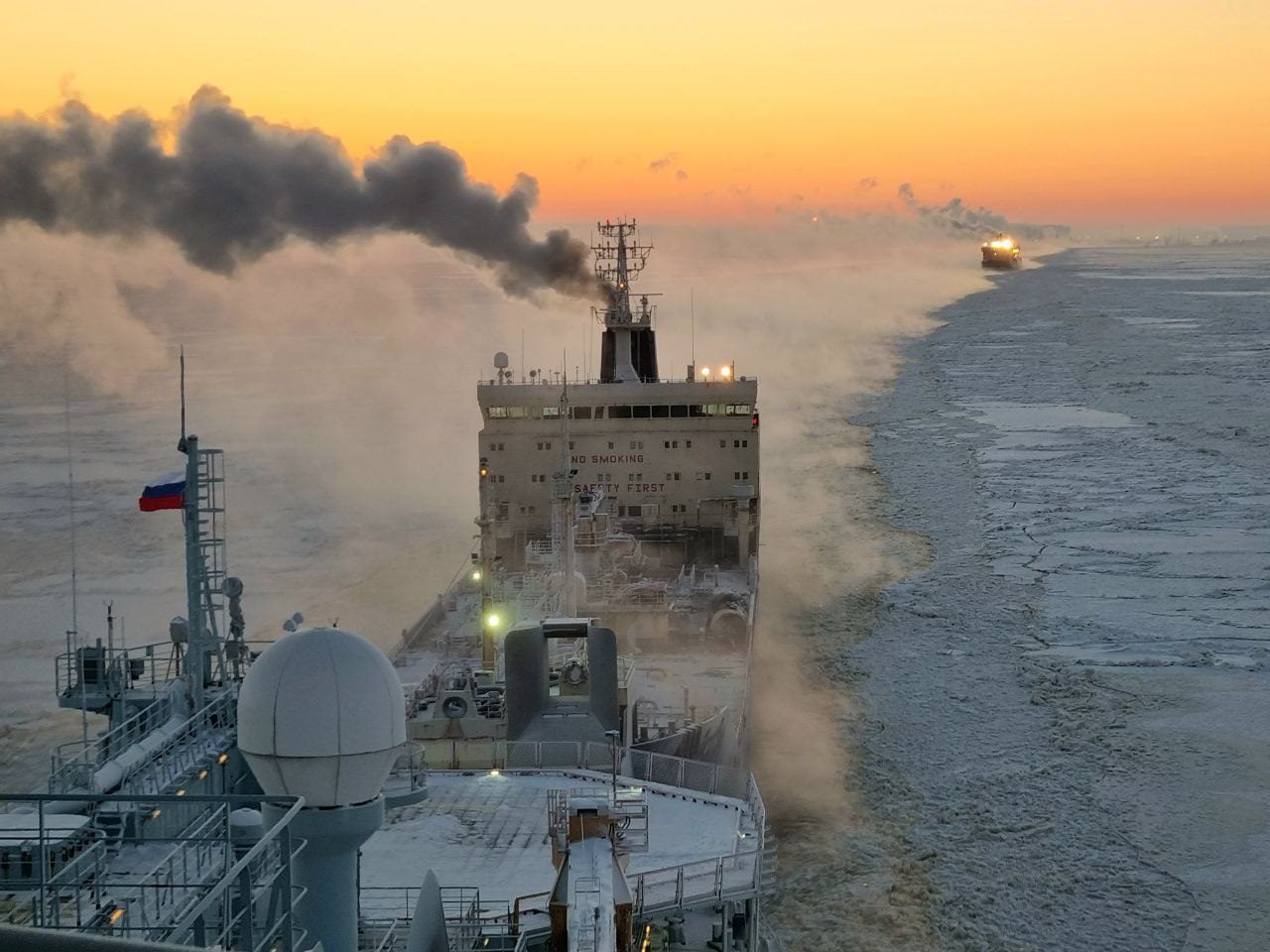The UK has sanctioned 30 vessels from Russia’s so-called “shadow fleet” representing a decisive move to curtail Russia’s ability to fund its war in Ukraine.
These ships, responsible for transporting billions of pounds worth of oil and refined products in the last year, represent a critical revenue stream for the Kremlin. This latest action marks the largest UK sanctions package targeting the shadow fleet, bringing the total number of Russian tankers sanctioned by the UK to 73—more than any other nation.
The vessels, many of which engage in deceptive shipping practices and operate under substandard safety conditions, pose significant risks not only to global security but also to the environment and international trade. With half of these ships responsible for transporting over $4.3 billion in oil products like gasoline in the past year, these sanctions aim to strike a financial blow to Russia’s war chest while addressing the dangers these vessels present.
Global Leadership in Sanctions Enforcement
The UK has taken a leading role in addressing the threat posed by the shadow fleet. Forty-six countries, alongside the European Union, have now joined the UK-led coalition against the shadow fleet, first proposed by Prime Minister Keir Starmer at the European Political Community summit in July. This coordinated effort highlights the international resolve to degrade the Kremlin’s capacity to sustain its aggression in Ukraine.
The Foreign Secretary, David Lammy, emphasized the UK’s commitment during the G7 Foreign Ministers meeting in Italy, urging global partners to maintain relentless pressure on Russia while increasing military and financial support for Ukraine.
“Russia’s oil revenues are fueling the fires of war and destruction in Ukraine,” Lammy stated. “We will continue to disrupt the flow of money into the Kremlin’s war chest, erode its military machine, and constrain its malign behavior worldwide.”
Broader Implications for Global Trade and Security
Russia’s shadow fleet has been a focal point of concern for maritime security experts. These vessels often flout international safety standards, increasing the risk of catastrophic oil spills. Additionally, the shadow fleet’s reliance on dubious insurance providers, such as Russian firms ALFASTRAKHOVANIE and VSK—both sanctioned by the UK today—has raised alarm about the reliability of coverage in the event of environmental disasters.
The Department for Transport’s innovative insurance reporting mechanism has proven instrumental in exposing the shadow fleet’s operations. In one recent case, the vessel KSENA (IMO 9232888) ignored UK challenges and has now been sanctioned. Previously sanctioned tankers like the ARTEMIS (IMO 9317949) and SEA FIDELITY (IMO 9285835) remain idle in the Baltic Sea, unable to trade.
Broader Strategy Against Russia’s Aggression
The sanctions coincide with the 1,000-day mark since Russia’s full-scale invasion of Ukraine. Over the past month, the UK has also targeted Russia’s military-industrial complex, private mercenary groups operating in Africa, and perpetrators of forced deportations of Ukrainian children.
Beyond Russia, the UK’s global strategy includes addressing humanitarian crises in Gaza and Sudan, tackling illegal migration, and bolstering defenses through initiatives like the Global Combat Air Programme.
A Unified Push for Accountability
As the UK continues to lead the charge against Russia’s shadow fleet, today’s sanctions serve as a reminder of the maritime industry’s critical role in enforcing international norms. The message is clear: unsafe and deceptive practices have no place in global shipping, and those enabling Russia’s aggression will face increasing scrutiny and consequences.
For the UK and its allies, this is about more than sanctions—it’s about securing safer seas, maintaining the integrity of global trade, and ensuring justice for Ukraine.
The full list tankers sanctioned on Monday is below:
- IMO 9412359 (“BELGOROD”)
- IMO 9331153 (“DELVINA”)
- IMO 9411020 (“BRATSK”)
- IMO 9410894 (“VALOUR”)
- IMO 9410870 (“HS EVERETT”)
- IMO 9312896 (“KRASNOYARSK”)
- IMO 9402471 (“FENG SHOU”)
- IMO 9331141 (“KELLY GRACE”)
- IMO 9259185 (“DAKSHA”)
- IMO 9312884 (“KEMEROVO”)
- IMO 9610808 (“ANATOLY KOLODKIN”)
- IMO 9341093 (“KOLOMNA”)
- IMO 9610793 (“GEORGY MASLOV”)
- IMO 9610810 (“VIKTOR BAKAEV”)
- IMO 9413559 (“ANTARKTIKA”)
- IMO 9314167 (“AGNES”)
- IMO 9436941 (“ATTICA”)
- IMO 9299721 (“CEPHEUS”)
- IMO 9290309 (“THEA”)
- IMO 9321847 (“EMILY S”)
- IMO 9274434 (“NANDA DEVI”)
- IMO 9297371 (“SULEYMAN I”)
- IMO 9319882 (“ATALANTA”)
- IMO 9289752 (“ARIADNE”)
- IMO 9353096 (“GURU”)
- IMO 9232888 (“KSENA”)
- IMO 9249130 (“CHILLI”)
- IMO 9250531, (“PYTHON”)
- IMO 9250543 (“NEOMI”)
- IMO 9250892 (“MIKATI”)
Editorial Standards · Corrections · About gCaptain

 Join The Club
Join The Club











